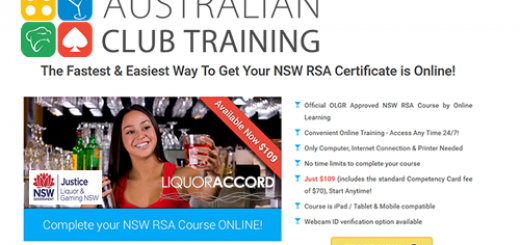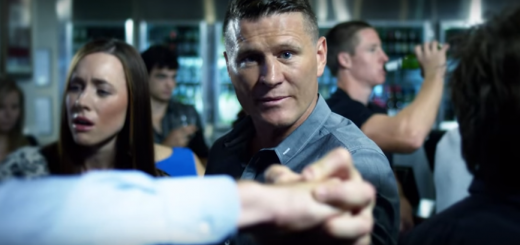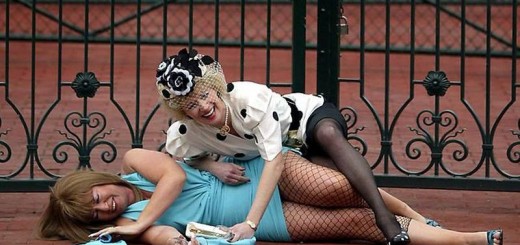Liquor licensing accords, precinct management groups and liquor management plans assist South Australian communities to promote the responsible service of alcohol and manage alcohol-related problems at a local level.
Such initiatives have developed successful solutions for local problems through partnerships with the CBS, SA police, councils, licensees and community groups and representatives. This includes addressing crime and violence in the vicinity of late night entertainment venues, safe dispersal from these venues, the availability of taxis, disorderly behaviour, public safety, policing and community harmony in and around licensed premises.
Regional SA
In regional SA, accords exist at:
The townships of Naracoorte and Roxby Downs are involved in precinct liquor management groups, while accords are being developed for the Copper Coast (Yorke Peninsula), Barossa and Gawler regions.
Metropolitan Adelaide
Numerous accords also exist within metropolitan Adelaide.
The first of its kind in SA, the Adelaide Liquor Licensing Accord is a goodwill agreement between city licensees, Adelaide City Council, the CBS, South Australia Police (SAPOL’s Adelaide Local Service Area) and resident groups. It was established in 1996 to address issues in the Hindley Street late night entertainment precinct.
In addition to the Adelaide Accord, groups also operate in the metropolitan areas of Henley and Grange, the Eastern Suburbs and Glenelg (includes all hotels in the City of Holdfast Bay).
Precinct management groups exist at Port Adelaide Mall, Hahndorf and Golden Grove, while the Marion Entertainment Precinct Management Plan incorporates the City of Marion, the CBS, SAPOL, licensees, traders and Westfield Management.
Major events
The CBS also assists with planning major events such as food and wine festivals and Schoolies Week activities.
Elements of a model local liquor management plan include the following:
- responsible management of licensed premises
- a consistent approach to barring of disruptive patrons
- a collaborative, community approach to liquor-related problems
- security in and in the vicinity of late night entertainment venues
- street security patrols between licensed premises
- effective street, reserve and carpark lighting
- video surveillance in and in the vicinity of late night entertainment venues
- street video surveillance
- noise abatement strategies in late night entertainment venues
- monitoring patron behaviour when leaving or arriving at licensed premises
- licensee and staff training about responsible server practices
- security collaboration between venues, and local police
- the development of strategies to ensure that intoxicated persons and minors are not supplied with liquor
- establishment of dry areas to complement these strategies
Liquor-related problems
If you need assistance with a liquor-related problem, consider the establishment of a local liquor accord or precinct management group. Collaboration between all stakeholders has been found to be an effective approach to providing local solutions to local problems. For further details contact your local Council.
Coober Pedy – Rules for take-away liquor sales
In September 2013, South Australia’s Liquor and Gambling Commissioner announced new rules for take-away alcohol sales in Coober Pedy, in an effort to curb alcohol-related violence and anti-social behaviour.
From 30 September 2013:
- takeaway sales of cask wine will be banned
- wine and spirits will be limited to one 750ml bottle per person per day
- takeaway sales will also banned to anyone from defined “prescribed lands”.








